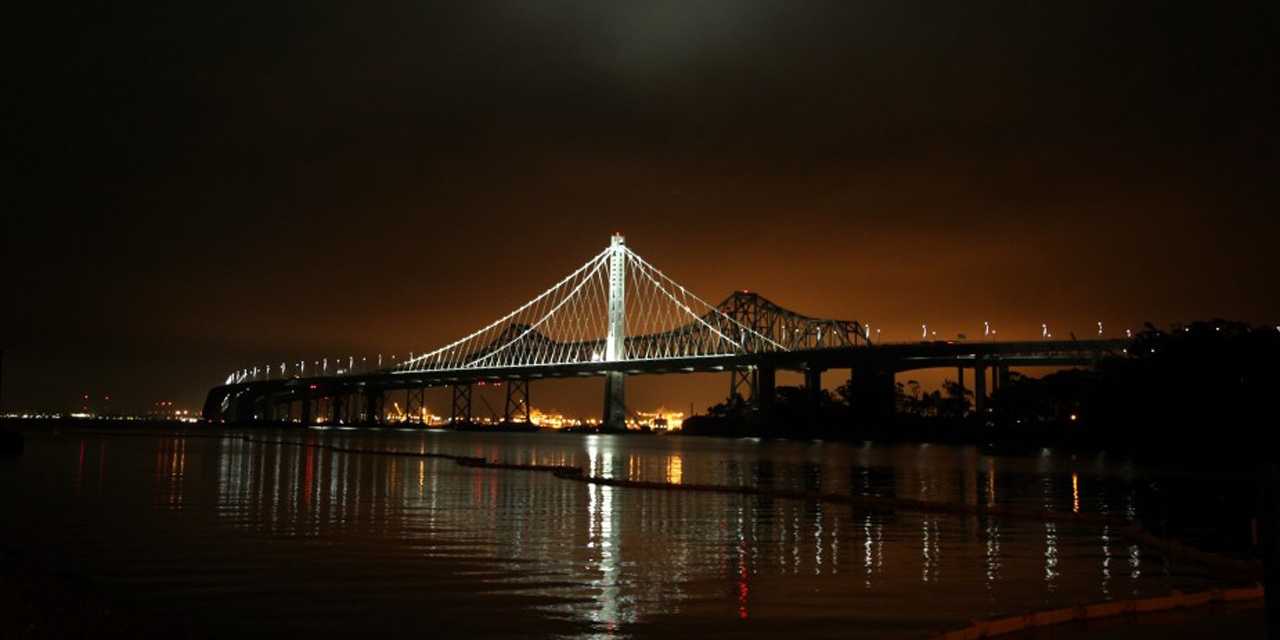Pride Flows Through Our Long History
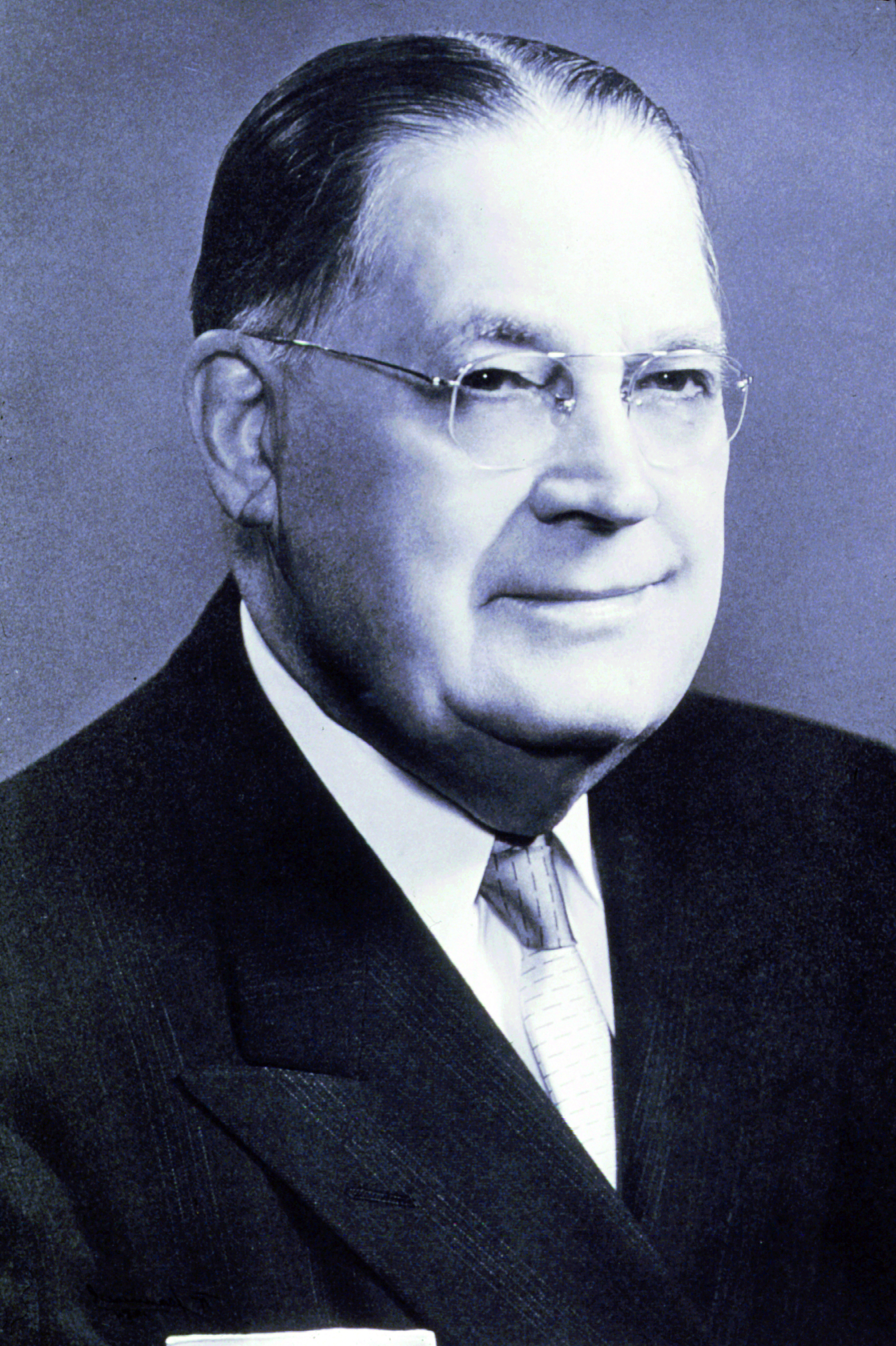 Massman Construction Co. was founded in 1908 in Kansas City by Henry J. Massman, who was known in the construction industry as Harry Massman. After dropping out of school in the fifth grade, Harry went to work for his father's contracting business. By age 17, he was working as a journeyman bricklayer in Shreveport, Louisiana. Harry returned to Kansas City at age 20 and started a business with two partners dredging sand from the Missouri River. After a few tough years, the sand business became a success and was later sold. Harry then decided to capitalize on his knowledge of the river and founded Massman Construction Co.
Massman Construction Co. was founded in 1908 in Kansas City by Henry J. Massman, who was known in the construction industry as Harry Massman. After dropping out of school in the fifth grade, Harry went to work for his father's contracting business. By age 17, he was working as a journeyman bricklayer in Shreveport, Louisiana. Harry returned to Kansas City at age 20 and started a business with two partners dredging sand from the Missouri River. After a few tough years, the sand business became a success and was later sold. Harry then decided to capitalize on his knowledge of the river and founded Massman Construction Co.
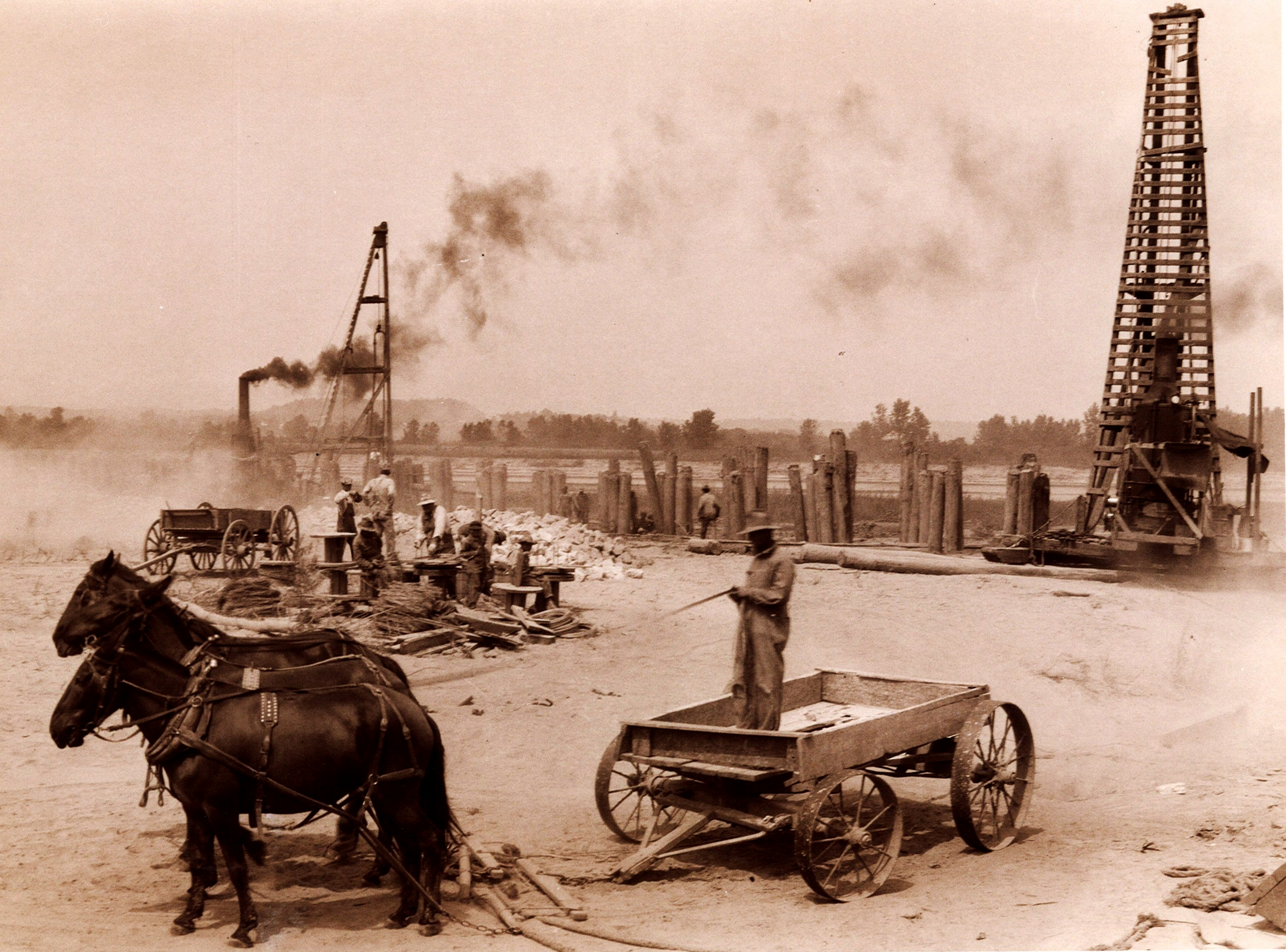 Massman’s first contract was for the Missouri Pacific Railroad installing rip rap along the river banks to protect the railroad tracks near the small town of Napoleon, Missouri. Other bank projects followed and, within a few years, the firm had expanded its fleet of floating equipment. Massman was working on bank stabilization projects along the entire length of the Missouri River, as well as a wide variety of work for railroads and other private enterprises.
Massman’s first contract was for the Missouri Pacific Railroad installing rip rap along the river banks to protect the railroad tracks near the small town of Napoleon, Missouri. Other bank projects followed and, within a few years, the firm had expanded its fleet of floating equipment. Massman was working on bank stabilization projects along the entire length of the Missouri River, as well as a wide variety of work for railroads and other private enterprises.
In the mid-twenties when Congress authorized the creation of a 6-foot deep channel in the Missouri River from its mouth to Omaha, Nebraska, Massman was able to apply its expertise and floating equipment toward the successful completion of several large contracts with the Corps of Engineers.
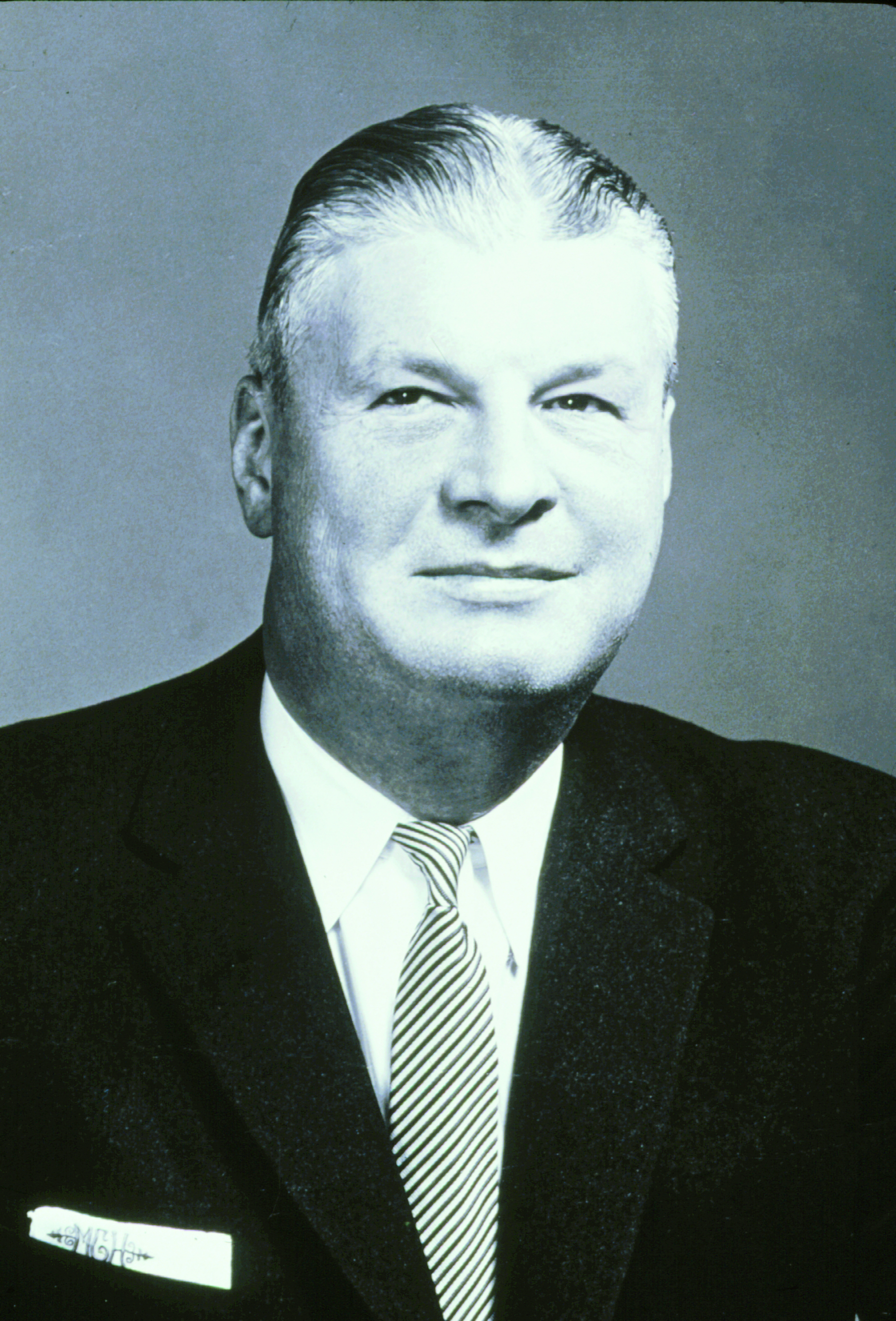 Harry’s son, Henry J. Massman, Jr., graduated from the University of Notre Dame in 1928 with a degree in Civil Engineering and joined the company. By 1934, Henry Jr. had assumed responsibility for managing most of the company’s operations. He supervised the first major bridge project, a million dollar structure over the Missouri River near Fort Peck, Montana. Shortly after completing this bridge, Henry J. was involved in the company’s first joint venture to construct at $7.5 million dollar spillway at Fort Peck Dam. Over the next several years Massman continued constructing lock and dam structures for the Corps of Engineers while continuing the bank stabilization work and bridge projects in the inland waterways.
Harry’s son, Henry J. Massman, Jr., graduated from the University of Notre Dame in 1928 with a degree in Civil Engineering and joined the company. By 1934, Henry Jr. had assumed responsibility for managing most of the company’s operations. He supervised the first major bridge project, a million dollar structure over the Missouri River near Fort Peck, Montana. Shortly after completing this bridge, Henry J. was involved in the company’s first joint venture to construct at $7.5 million dollar spillway at Fort Peck Dam. Over the next several years Massman continued constructing lock and dam structures for the Corps of Engineers while continuing the bank stabilization work and bridge projects in the inland waterways.
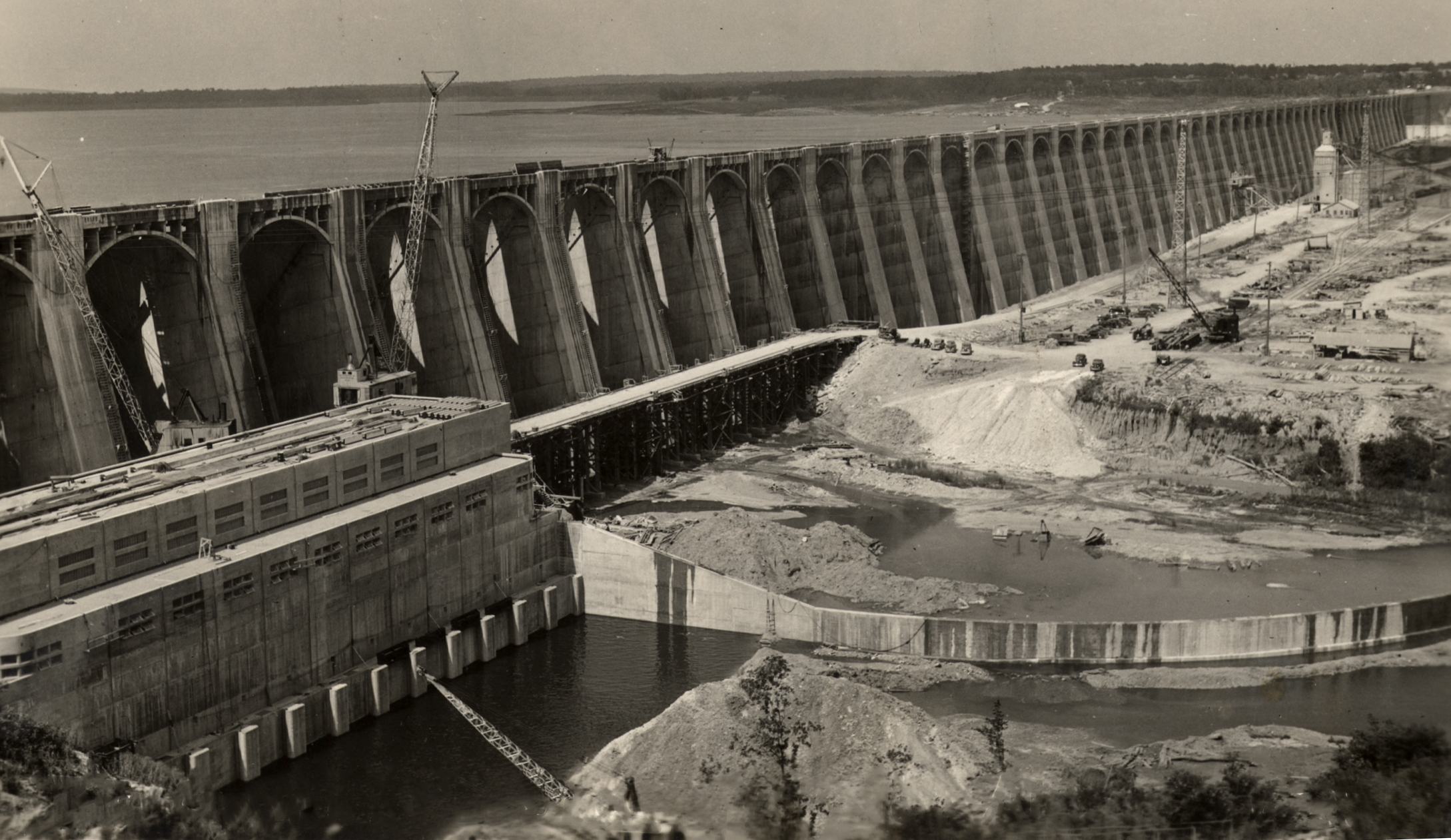 In 1939, Massman was awarded the contract for the $9.3 million dollar Pensacola Dam Project, a concrete dam and powerhouse structure on the Grand River in Oklahoma. This Public Works Administration project required a 100 percent construction bond. According to the Surety Association of America, this bond was the largest construction bond ever written up to that time, and took 18 surety companies to supply.
In 1939, Massman was awarded the contract for the $9.3 million dollar Pensacola Dam Project, a concrete dam and powerhouse structure on the Grand River in Oklahoma. This Public Works Administration project required a 100 percent construction bond. According to the Surety Association of America, this bond was the largest construction bond ever written up to that time, and took 18 surety companies to supply.
With the onset of World War II, Massman’s construction effort shifted to military related projects as the public work heavy construction volume dried up. Adeptly applying resources and organizational skills, Massman teamed up with Fruin-Colnon to build the $80 million dollar Small Arms Plant in St. Louis Missouri in 1941. A second joint venture with Hutter Construction was formed to build the $12 million dollar Ordinance Plant in Milwaukee, Wisconsin. During this time, Massman continued undertaking contracts of their own with the construction of the shipyard buildings in St. Louis, and an air base building in Louisiana.
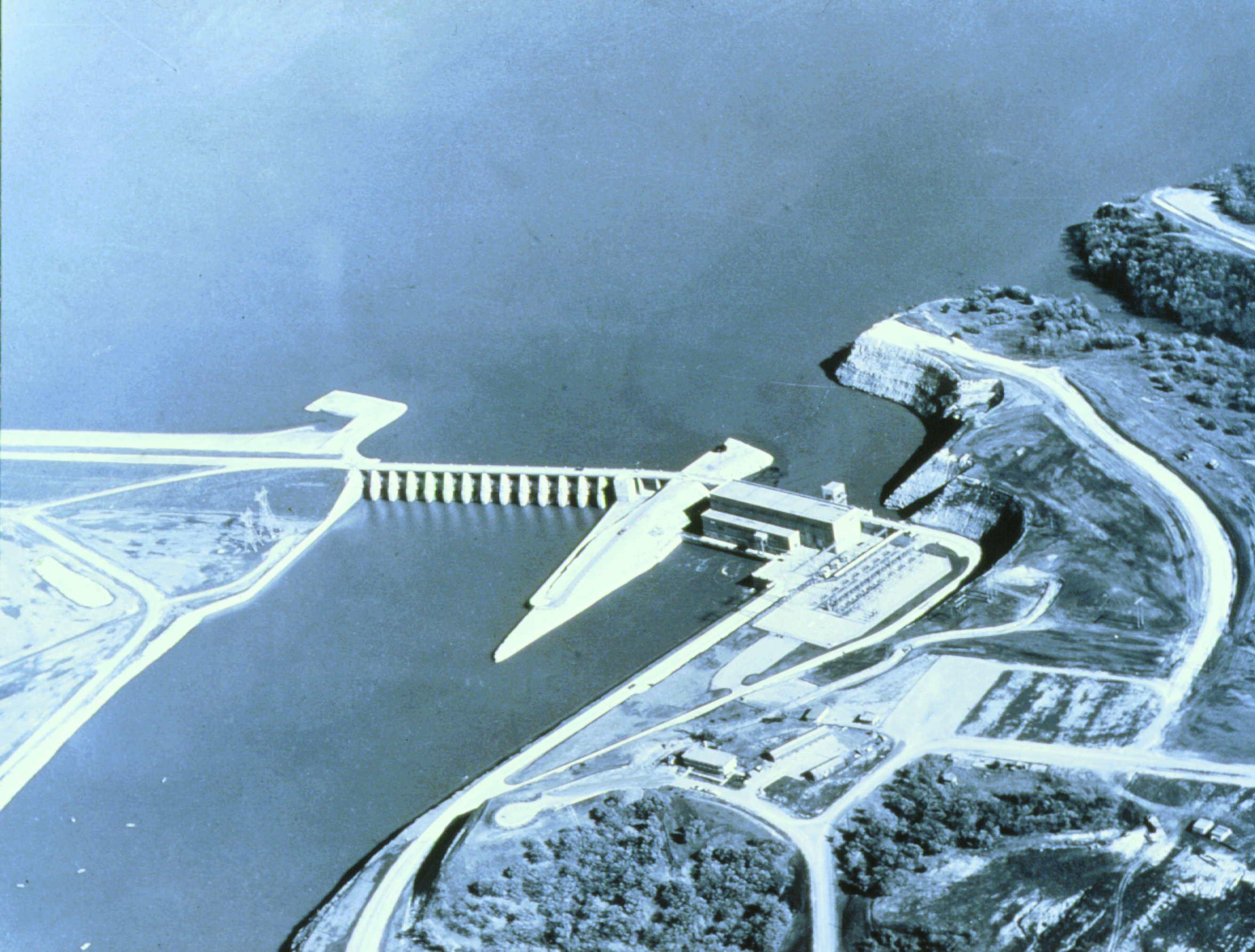 Following the end of the war, Massman returned to marine and heavy construction along the inland waterway system. During the 1950s, Massman completed more than 83 different projects for dike and revetment work for the Corps of Engineers on the Missouri River. Massman also continued to work on lock and dam and powerhouse construction. The work on these types of massive projects took place throughout the central and eastern United States and continues on today. Among the dozens of dam and powerhouse structures constructed, either alone or in a joint venture were the Centerhill Dam and powerhouse on the Caney Fork River in Tennessee, the Clarkhill Dam on the Savannah River in Augusta, Georgia, the Falcon Dam on the Rio Grande River, the Gavins Point Dam on the Missouri River in Yankton, South Dakota, the Greenup Lock and Dam on the Ohio River at Greenup Kentucky, the Ozark Lock and Dam on the Arkansas River in Oklahoma, the Kaskaskia Lock and Dam on the Kaskaskia in Illinois, the Pueblo Dam on the Arkansas River in Colorado, the Clarence Cannon Dam on the Salt River in Northeast Missouri, the Old River Control Structure on the Mississippi in Louisiana, the Sydney A. Murray, Jr. Hydroelectric station in Vidalia, Louisiana, the Winfield Lock and Dam enlargement on the Kanawha River in West Virginia, and the Olmsted Guidewalls and Bulkhead contracts on the Ohio River near Olmsted, Illinois.
Following the end of the war, Massman returned to marine and heavy construction along the inland waterway system. During the 1950s, Massman completed more than 83 different projects for dike and revetment work for the Corps of Engineers on the Missouri River. Massman also continued to work on lock and dam and powerhouse construction. The work on these types of massive projects took place throughout the central and eastern United States and continues on today. Among the dozens of dam and powerhouse structures constructed, either alone or in a joint venture were the Centerhill Dam and powerhouse on the Caney Fork River in Tennessee, the Clarkhill Dam on the Savannah River in Augusta, Georgia, the Falcon Dam on the Rio Grande River, the Gavins Point Dam on the Missouri River in Yankton, South Dakota, the Greenup Lock and Dam on the Ohio River at Greenup Kentucky, the Ozark Lock and Dam on the Arkansas River in Oklahoma, the Kaskaskia Lock and Dam on the Kaskaskia in Illinois, the Pueblo Dam on the Arkansas River in Colorado, the Clarence Cannon Dam on the Salt River in Northeast Missouri, the Old River Control Structure on the Mississippi in Louisiana, the Sydney A. Murray, Jr. Hydroelectric station in Vidalia, Louisiana, the Winfield Lock and Dam enlargement on the Kanawha River in West Virginia, and the Olmsted Guidewalls and Bulkhead contracts on the Ohio River near Olmsted, Illinois.
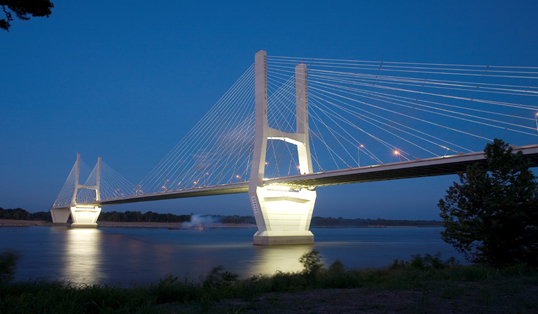 Bridge construction developed into one of Massman’s specialities that continues through the present. Massman has built major bridges and bridge substructures throughout the United States from Washington and California in the west to Virginia and Florida in the east and almost every state in between. The innovation and engineering capabilities used to construct the six massive river piers using pneumatic caissons for the York River Bridge project in Virginia during the 1950s have been improved upon and applied on the construction of the main river piers of the cable-stayed bridge across the Mississippi river near Greenville, Mississippi.
Bridge construction developed into one of Massman’s specialities that continues through the present. Massman has built major bridges and bridge substructures throughout the United States from Washington and California in the west to Virginia and Florida in the east and almost every state in between. The innovation and engineering capabilities used to construct the six massive river piers using pneumatic caissons for the York River Bridge project in Virginia during the 1950s have been improved upon and applied on the construction of the main river piers of the cable-stayed bridge across the Mississippi river near Greenville, Mississippi.
Massman’s success and longevity has allowed them in the last few years to return to earlier project sites to build new structures that will replace or retrofit the older structures Massman had previously built. At Memphis, Tennessee, Massman completed a major seismic retrofit to a bridge substructure completed in 1969. At Greenville, Mississippi they built a 4-lane cable-stayed bridge across the Mississippi River to replace the 2-lane bridge whose river piers Massman finished in 1934.
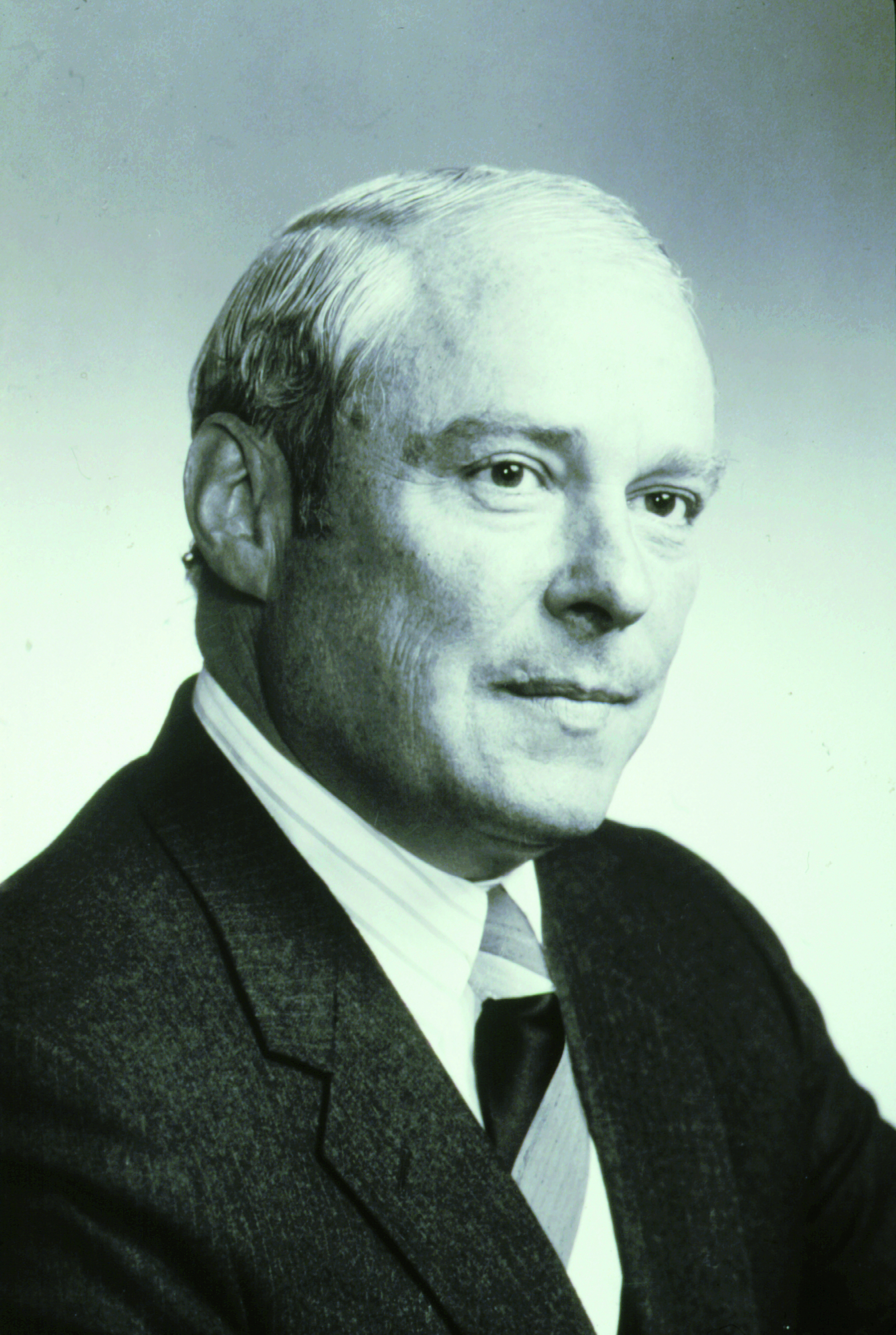 In 1953, Henry Jr. was elected President of the company with Henry Sr. remaining as Chairman. In 1956, after three years of service in the U.S. Navy Civil Engineering Corps, Henry Jr's son, Henry J. Massman III, known as Bud, joined the company as Executive Vice President. Bud earned a Civil Engineering degree from the University of Notre Dame as did his brother John Massman who joined the firm in 1957 as Vice President. Henry Jr’s other son; Robert Massman joined the family business in 1958 after also graduating from the University of Notre Dame.
In 1953, Henry Jr. was elected President of the company with Henry Sr. remaining as Chairman. In 1956, after three years of service in the U.S. Navy Civil Engineering Corps, Henry Jr's son, Henry J. Massman III, known as Bud, joined the company as Executive Vice President. Bud earned a Civil Engineering degree from the University of Notre Dame as did his brother John Massman who joined the firm in 1957 as Vice President. Henry Jr’s other son; Robert Massman joined the family business in 1958 after also graduating from the University of Notre Dame.
Henry J. Massman Sr. was also a founding member of the Associated General Contractors of Missouri in 1929, and served as that organization’s President in the 1933 and 1934. Henry Jr. and all three of his sons also served as Officers in the organization.
Harry Massman’s grandson continued the operation of the company when in 1970 Bud Massman was elected President of the company. In 1979 John Massman branched off and started his own company. Bob Massman passed away in 1986.
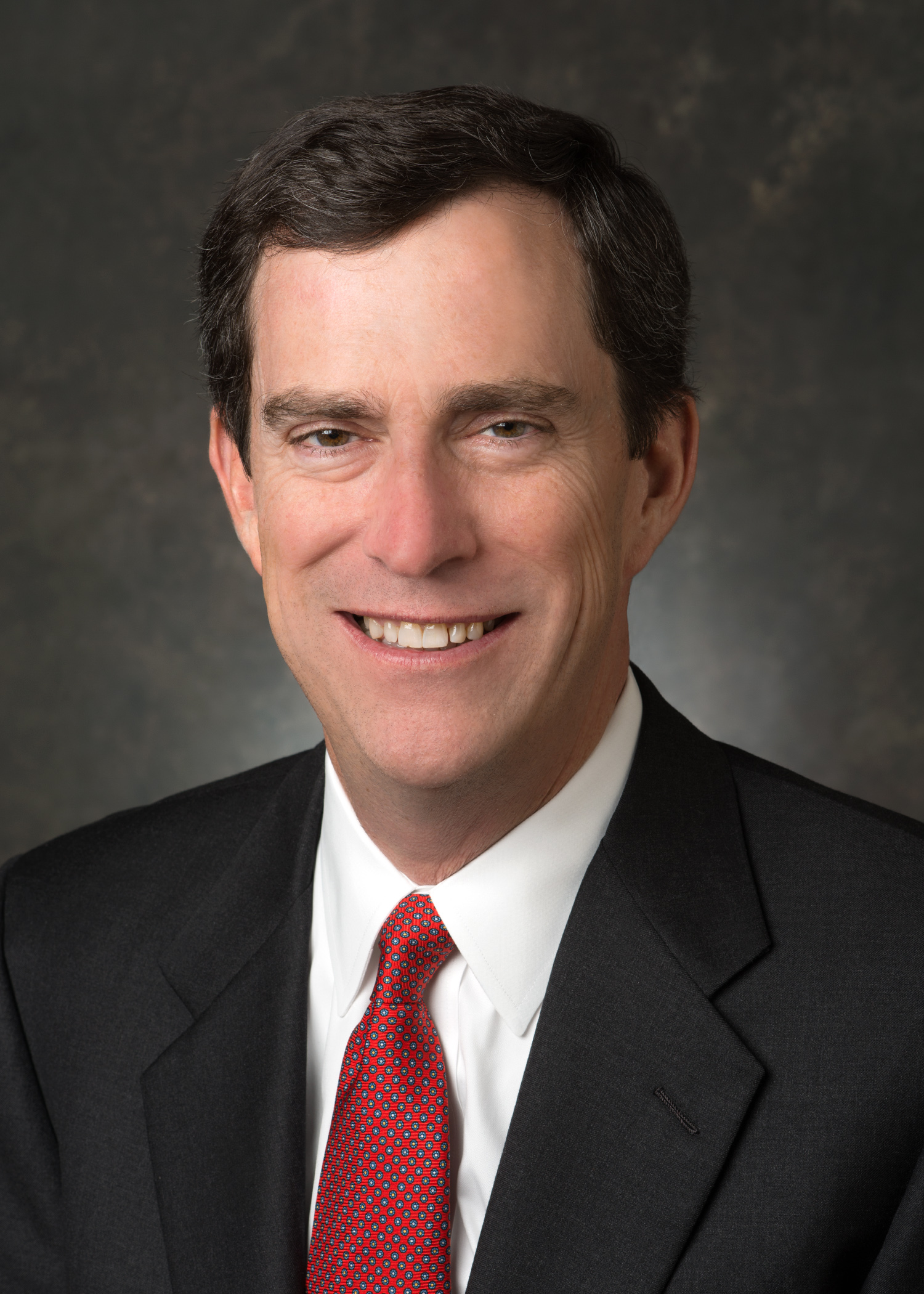 Henry J. Massman IV, a civil engineering graduate of the University of Notre Dame, is currently the President and Chief Executive Officer of the firm, a responsibility he assumed following Bud’s untimely death in 1988. As such, he continues the traditions and construction philosophies of the three Massman generations that preceded him.
Henry J. Massman IV, a civil engineering graduate of the University of Notre Dame, is currently the President and Chief Executive Officer of the firm, a responsibility he assumed following Bud’s untimely death in 1988. As such, he continues the traditions and construction philosophies of the three Massman generations that preceded him.
Today, building on more than 100 years of tradition Massman is still a family-owned business known for its innovative approach in accomplishing difficult projects. Massman owns and operates a substantial inventory of marine equipment that their key personnel, many of whom are long term employees, use to perform a substantial amount of the contracts with its own forces. Risk management is an important part of the successful operating history of this company, providing a tremendous benefit of knowledge that is applied to each new project undertaking.


